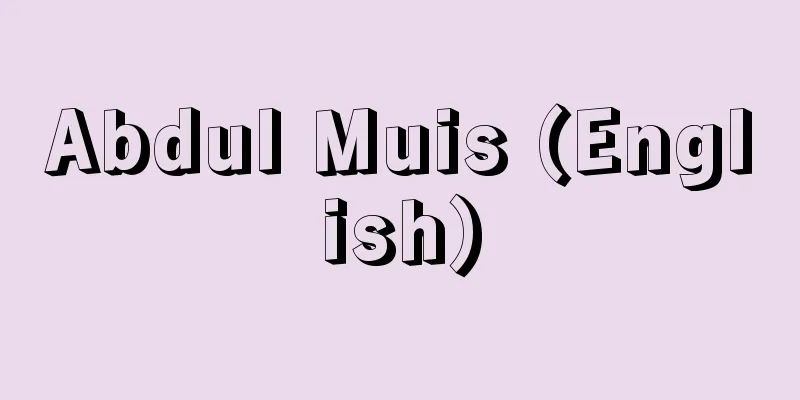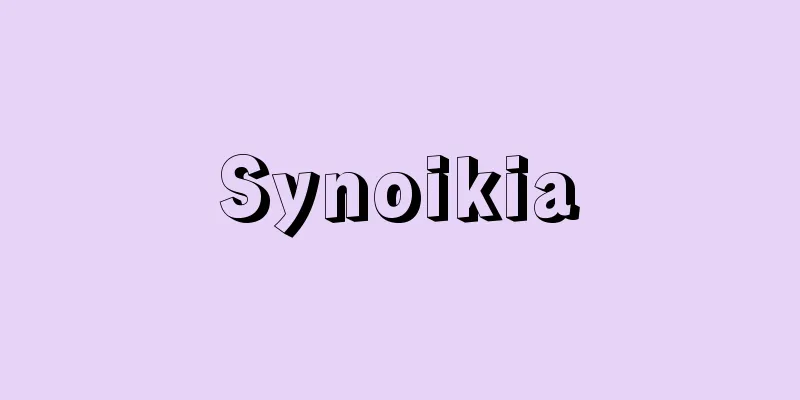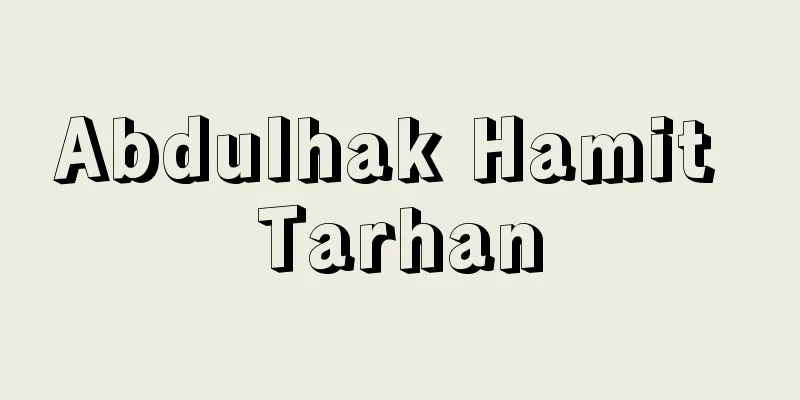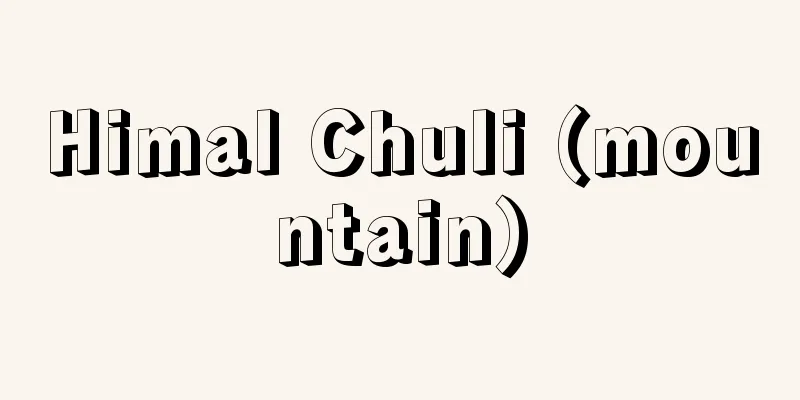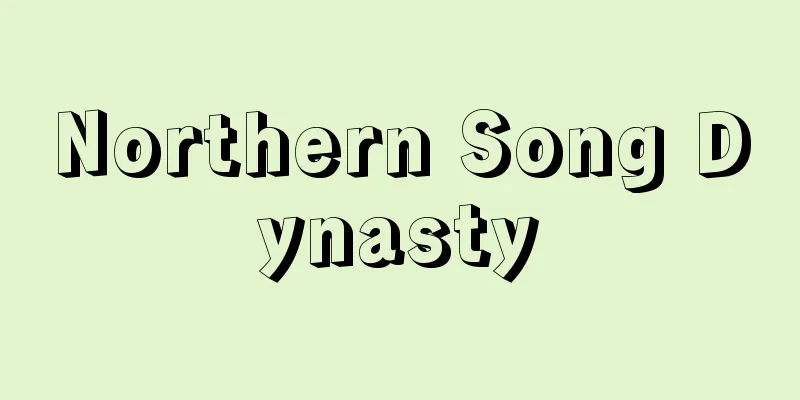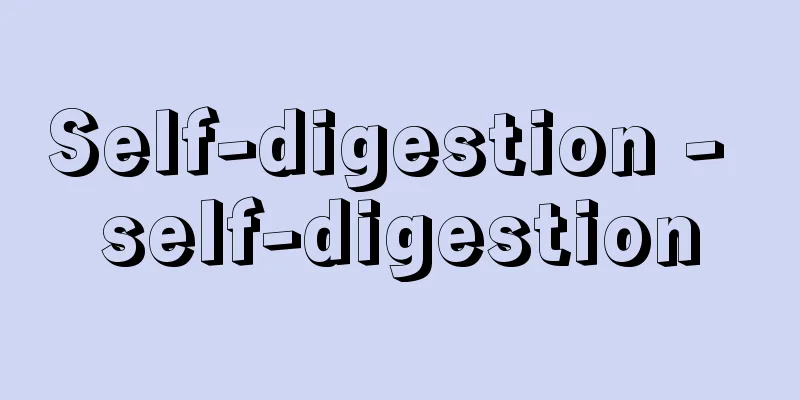Government - Seifu (English spelling) government
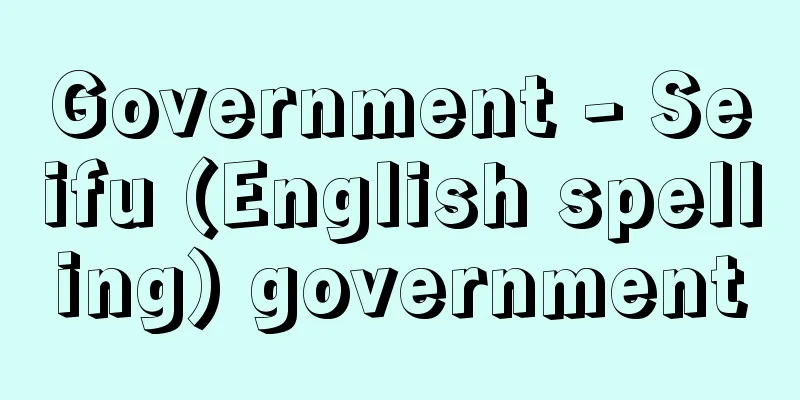
|
In a broad sense, it refers to the entire governing system of a country, including the legislative, judicial, and administrative branches, and in a narrow sense, it refers only to the cabinet and the administrative branch attached to it. In any human society since ancient times, governmental institutions, which are organizations of power, have existed and functioned, but the emergence of the modern state brought about a revolutionary development. That is, in England, France, America, and other countries, political institutions were created centered on parliaments that represented the will of the people, reflecting the arguments of J. Locke, J.-J. Rousseau, and the Federalists, and the government was broadly considered to include not only the legislative branch but also the judicial and administrative branches. Today, in these countries, the government is considered to be a dynamic function of state power to maintain the existence and activity of the state. However, in Germany, where the sovereignty of the emperor still had widespread influence even in modern times, the power of the executive branch was also strong, and the government was interpreted in a narrow sense in national law studies. The same was true in Japan. In other words, even after the Meiji Constitution was enacted and the country was seemingly constitutionalized from the time when there was no separation of powers in the national structure, the government was considered in contrast to parliament and political parties, and was identified with the cabinet and administrative organs backed by the supreme power of the emperor. As a result, the word government is generally used in a narrow sense in Japan. Source: Encyclopaedia Britannica Concise Encyclopedia About Encyclopaedia Britannica Concise Encyclopedia Information |
|
広義には立法,司法,行政など一国の統治機構全体をさし,狭義には内閣およびそれに付属する行政機構のみをいう。古来どのような人間社会においても,権力組織体である政府的機構が存在し機能しているが,近代国家の出現はその画期的発達をもたらした。すなわちイギリス,フランス,アメリカなどにおいては,J.ロック,J.-J.ルソー,フェデラリストなどの主張を反映して,国民の意思を代表する議会を中心とする政治機構がつくられ,政府は立法機関をはじめとして必然的に司法,行政両機関をも包含すると広義に考えられた。今日,これらの諸国においては,政府は国家の存続や活動を維持するための動態的な国家権力の作用とみなされている。しかしながら,近代に入ってもなお皇帝の大権が広範な影響力をもっていたドイツにおいては,行政府の有する権限も強力であり,国法学上政府は狭義に解釈されてきた。日本においてもこれと同様であった。すなわち国家構造上,三権分立がみられなかった時代から表面的には立憲制になった明治憲法制定後にいたっても,政府は議会や政党との対比において考えられ,しかも天皇の大権を背景にした内閣や行政機関と同一視されてきたのである。この影響を受けて,一般に政府という語は日本では狭義に用いられている。
出典 ブリタニカ国際大百科事典 小項目事典ブリタニカ国際大百科事典 小項目事典について 情報 |
Recommend
Mengs, Anton Raphael
Born: March 22, 1728 in Ausch, Bohemia Died June 2...
Akamatsu Man'yu Umenoshirahata
...In the play, Mitsusuke is named "Akanuma ...
Isolationism
A foreign policy or international outlook doctrin...
Nakagawa [town] - Nakagawa
A former town in Naka District, eastern Tokushima ...
Espronceda, José de
Born: March 25, 1803, Almendralejo, Badajoz [died]...
Under the Devil's Star
... After graduating from Ebara Middle School and...
Fasting - Danjiki
Fasting means abstaining from all or a specific t...
Xia family lower class culture
…The Tanshishan culture, a Neolithic culture in t...
Tully, RB (English spelling) TullyRB
…De Vaucouleur found that the distribution of rel...
Board - Ita
〘 noun 〙① Thin, flat pieces of wood. ※Kojiki (712)...
metaplastic polyp
…They may persist even after the ulcer has healed...
Illusion - Illusion
…However, if there are many taxation preferential...
touch spot
…The place where the sensation of touch occurs is...
Pastorale (English spelling)
…Symphony composed by Beethoven. This Symphony No...
Free rice - Jiyumai
Under the old Food Control Law, rice was distribut...
